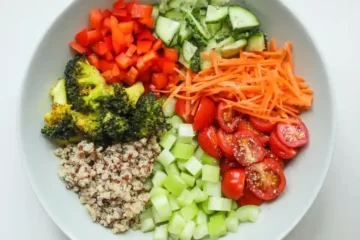Introduction
Sugar is sucrose, a disaccharide of two sugars (glucose and fructose) bound together, naturally made by and found in all green plants. It is in the food supply is harvested from sugar beets and sugar cane. It is found naturally in milk, fruit & vegetables and does not calculate as free sugars. There is no require to cut down on these sugars but remember that they are contained in the “total sugar” figure on food labels. Overeating sugar can make you gain weight and can also cause tooth decay. A fasting blood sugar amount of 99 mg/dL or lower is average, 100 to 125 mg/dL indicates prediabetes, and 126 mg/dL or higher means diabetes. Grown-ups should have no more than 30g of free sugars daily (approx. equal to 7 sugar cubes). Little ones aged 7 to 10 should have no more than 24g of free sugars daily (6 sugar cubes). Any sugars may or may not add to food & drinks. These include sugars in biscuits, chocolate, flavoured yoghurts, breakfast cereals and fizzy drinks. These sugars may be added at home, by a chef, or by another food manufacturer.
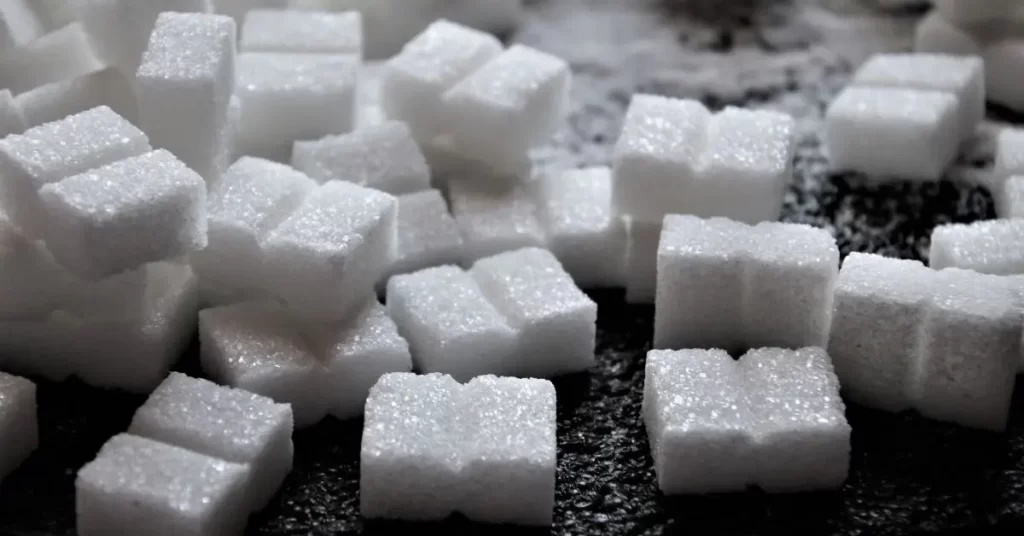
1. Understanding the Dangers of Excessive Sugar Intake
How sugar affects heart health is not entirely understood, but it has several indirect connections—for instance, high amounts of sugar overload the liver. “Your liver metabolizes sugar like alcohol and converts dietary carbohydrates to fat. Taking too much-added sugar can raise blood pressure and increase chronic inflammation, both pathological pathways to heart disease. Excess sugar consumption, primarily in sugary beverages, also donate to weight gain by tricking our body into turning off its hunger-control system. It is because liquid calories are not as satisfying as calories from solid foods. It is easy for people to add more calories to their regular diet when taking sugary liquid refreshments. The effects of added sugar intake are higher blood pressure, inflammation, weight gain or obesity, diabetes, & fatty liver or hepatic steatosis disease – all connected to growing the risk of heart attack & stroke.
2. How Much Sugar Should You be Consuming?
To reduce the risk of harmful weight gain and tooth decay, the World Health Organization (WHO) suggests reducing the intake of free sugars to below ten energy per cent at all stages of life. WHO sugar recommendations: max. 5 to 10 teaspoons of free sugar daily. For most people, the sugar level in fruit is safe or reasonable. Fructose may cause harm when consumed in excess. Furthermore, there is not enough fructose in fruit to yield a treat. Moreover, Grown-ups should have no more than 30g of free sugars daily (approx. equal to 7 sugar cubes). Little ones aged 7 to 10 should have no more than 24g of free sugars daily (6 sugar cubes).
3. The Surprising Hidden Sources of Sugar in Your Diet
Most people identify desserts & candy as having added sugar, but what about less obvious sources? Few foods that most people consider “healthy” may have a lot of added sugar, such as Yogurt. You’ll get plenty of calcium and protein. But even low-fat flavoured yoghurt may have 17 to 33 grams of sugar per 8-particles serving (counting those naturally in the milk yoghurt is made from). That’s about as much as two labels (1 bowl) of ice cream. You have to select those that are low in sugar. Or, buy it plain & toss in the fruit of your choice. The second is breakfast cereals. You know grains are high in sugar, but even healthier-sounding ones sneak it in. Many popular oat, corn, and bran bowls of cereal have 10-20 grams or more per cup. Never mind what the front of the box promises; read the components label and nutrition facts panel to know what you’re getting. Third is energy drinks; most drinks that say they’ll give you a lift have lots of sugar and caffeine. Some energy drinks have about 25 grams per 8-ounce serving. How about having some cool water instead? Sometimes, being dehydrated can make you feel tired.
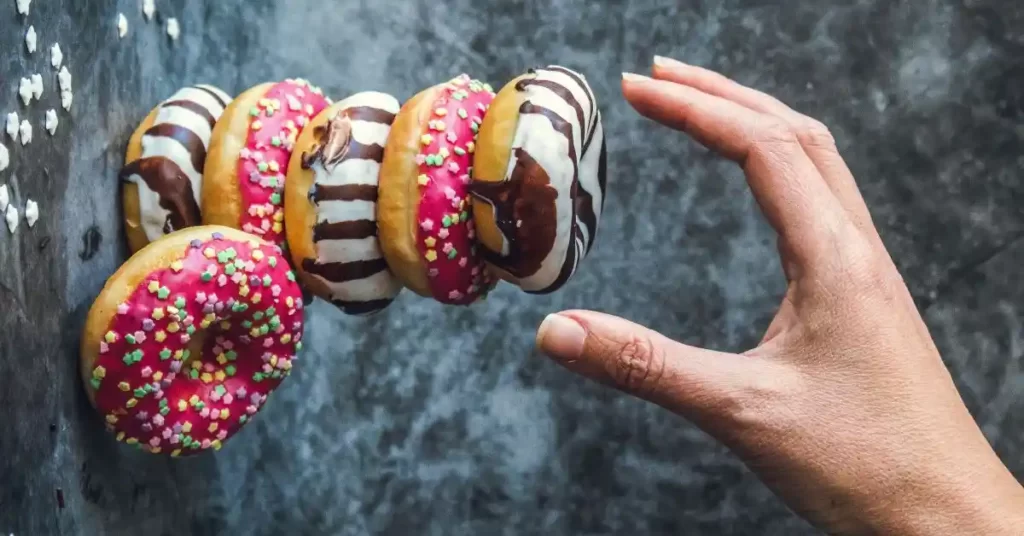
4. Sugar and Your Health: The Link Between Sugar and Chronic Diseases
A little extra sugar may seem harmless, but ingested often, it can contribute to various health issues, like obesity or overweight, diabetes, & heart disease. “There’s consistent evidence that all that unrestricted added sugar intake is a significant threat to one’s health over time; this can lead to a more substantial accretion of fat, which may turn into oily or fatty liver disease, a benefactor to diabetes, which raises the risk for heart illness. Consuming too much-added sugar may raise blood pressure & increase chronic inflammation, both pathological pathways to heart disease. Furthermore, Consuming sugar causes our bodies to release insulin & tension hormones. These chemicals, in turn, may trigger inflammation, the most ordinary cause of chronic pain.
5. The Negative Effects of Immodrate Sugar Intake on Your Body and Mind
Sugar and brain health are co-related. Brain inflammation due to a high-sugar diet may lead to memory or reasoning problems, which proves that the brain and glucose are interlinked. Even one example of high glucose in the bloodstream can lead to slow cognitive function and memory and attention problems. Sugar can also affect your mood. Eating sugary foods can cause sudden spikes and drops in blood sugar levels. These make you feel irritable, anxious or even depressed. High blood sugar over time may create injury in blood vessels in the brain that convey oxygen-rich blood. When your brain receives too little blood, brain cells can die. That is called brain atrophy, which can cause memory and thinking problems and eventually lead to vascular dementia.
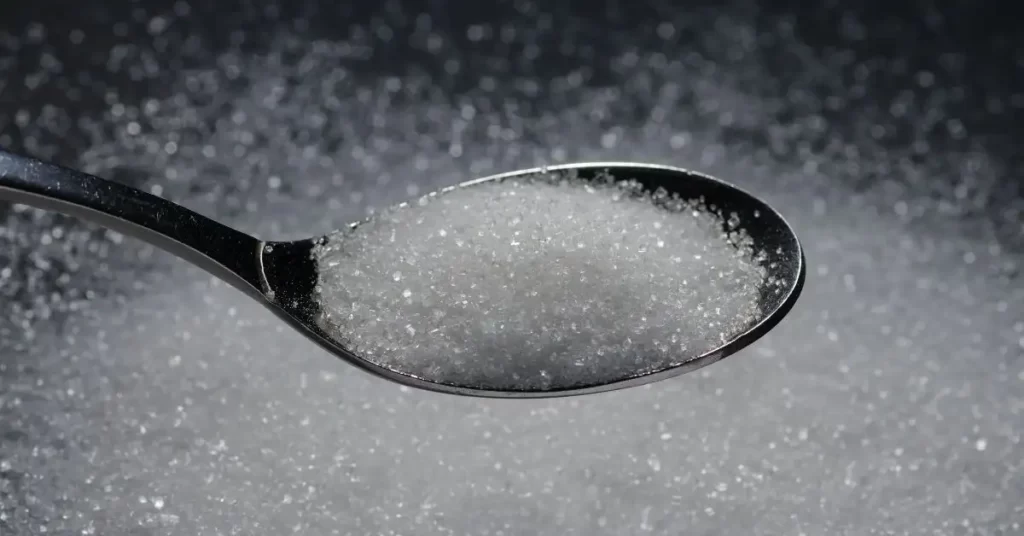
6. How to Chop Back on Sugar Without Feeling Necessitous
Less added sugar may lower those levels & help stop weight gain & fat buildup connected to heart illness. Lessening your sugar taking may support a healthy weight, decrease your risk of depression, and also reduce your risk of heart disease, among other health benefits. Kick the soda and juice habit. Because these are empty calories, they’re some of the very worst foods for your diet. Instead, play with different flavours of fruit-infused water. Add milk and spices to coffee. A creamy element can cut the bitterness, so you don’t need sugar; stick to low-fat or soy milk to keep calories low. Another flavouring option is shaking in some spices, such as cinnamon, nutmeg, or cocoa powder. Sweeten oatmeal naturally. Skip the maple syrup, brown sugar, or honey and mix in a mashed banana or applesauce. That will bulk up your oatmeal, too, keeping you full longer.
7. The Benefits of a Low-Sugar Diet: What You Can Expect to Gain
The no-sugar diet has become popular as people continue looking for effective ways to live healthfully or no longer have weight. However, there are some things to examine for a no-sugar diet’s health interests. Sugar may or may be challenging to avoid in processed foods. However, sugar-sweetened drinks are among the diet’s most significant sources of added sugars. These include soda, speciality coffee, sweetened teas, & fruit juices or full juice. Exchanging these drinks with unsweetened herbal tea, coffee without sugar or black coffee, sparkling mineral water, or just water may help a person stay hydrated without increasing sugar intake. Thrusting to a diet with no plan is hard. When people feel hungry, they may be more credible to reach for a sugary snack if they do not have nutritious or healthy meals and healthful alternatives. Many people take a day to shop and prepare for the entire week. With healthy food ready to go, they have less temptation to reach for a candy bar or soda.
8. Is Sugar Addiction Real? How to Break Free from Your Sweet Tooth
Having more sugar cravings becomes an addictive cycle. That is not just because your taste buds have adapted and made you get more of the sugary taste. Sugar offers you a high, followed by a crash, similar to an actual drug. When people minimize their sugar intake, they may experience removal symptoms, such as headaches, cravings, and mood changes. These must go away within a few days or weeks. Some sugar cravings stem from a blood sugar imbalance. When your body ingests sugar, it spikes,& your body is free from insulin to lower it to a guarded level.
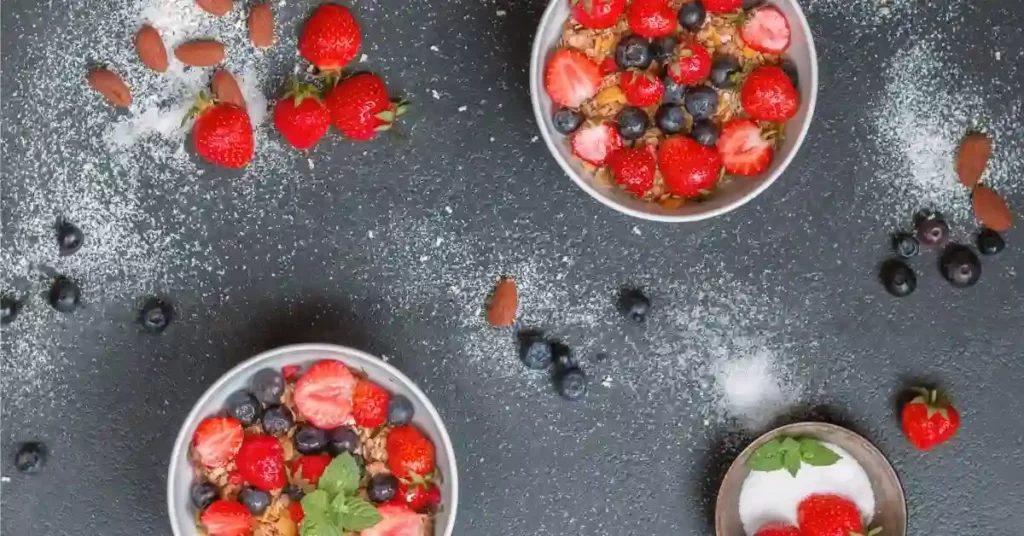
9. Healthy Sugar Alternatives: How to Satisfy Your Sweet Tooth the Right Way
Sweeten with Bananas. Bananas might be the perfect fruit for their ability to sweeten up almost everything without adding sugar. You can use bananas to sweeten my oatmeal, smoothies, and cookies. Cinnamon is one of those spices that lend a sweet flavour, & sprinkling it on different foods is just enough to give the mirage of a sweet treat. Cinnamon mixed with acid apple sauce can taste like dessert. Dates are a great natural sweetener when chopped or pureed with water into syrup. They are more in sugar, so moderation is essential, but they do the trick when you want something sweet without adding refined sugar. I use them in my different snack balls, bars, and cookies. It’s incredible what freezing a banana and other fruit and blending it in your food processor will do.
10. The Role of Education in Combating Sugar Overload: What You Need to Know
The role of diabetes education is to make you more aware of diabetes and what it takes to treat it, thus giving you the power to control it. Diabetes educators become crucial to this process as they help you incorporate education into your life and make the necessary changes to improve your lifestyle. Examining product labels can be a helpful first step to lowering our added sugar intake. Many drinks, sauces, and breakfast foods contain more sugar than we might realize. Moreover, we can limit added sugars by choosing whole and full-fat foods over processed and low-fat versions.
Conclusion
A little extra sugar may seem harmless, but ingested often, it can contribute to various health issues, like obesity or overweight, diabetes, & heart disease. “There’s consistent evidence that all that unrestricted added sugar intake is a significant threat to one’s health over time; this can lead to a more substantial accretion of fat, which may turn into oily or fatty liver disease, a benefactor to diabetes, which raises the risk for heart illness. Dates are a great natural sweetener when chopped or pureed with water into syrup. They are more in sugar, so moderation is essential, but they do the trick when you want something sweet without adding refined sugar. I use them in my different snack balls, bars, and cookies. It’s incredible what freezing a banana and other fruit and blending it in your food processor will do.


